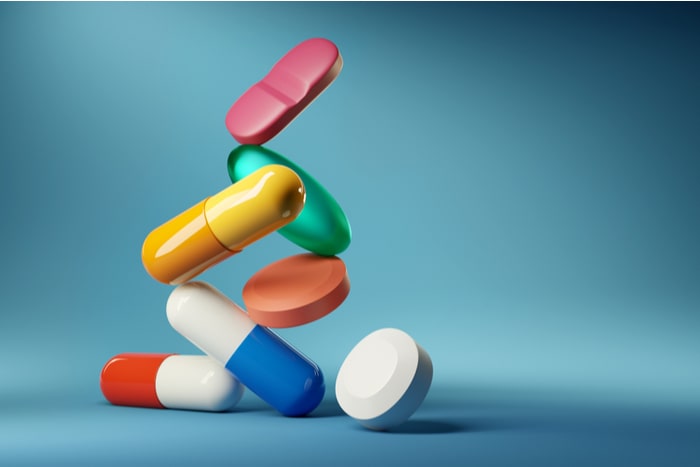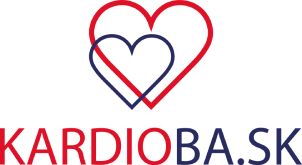Medicines used to ‘thin the blood‘ are called anticoagulants, that means – medicines that reduce blod clotting. They are usually given for one of the following reasons:
- prevention of stroke in patients with atrial fibrillation,
- in patients with artificial heart valves and
- treatment of pulmonary embolism or venous thrombosis.

Although these two drug groups differ mainly in terms of setting up and monitoring treatment, they have much in common:
- Reduction of clotting is a desirable effect of these drugs, but it prolongs the clotting time even in case of injury. Therefore, it is important to avoid activities that have an increased risk of injury (eg. contact sports, different types of jumps…)
- Medicines that have a low risk of damaging the gastric mucosa / stomach ulcers must be used to treat pain. Commonly used pain medications (ibuprofen, diclofenac, indomethacin) are inappropriate.
